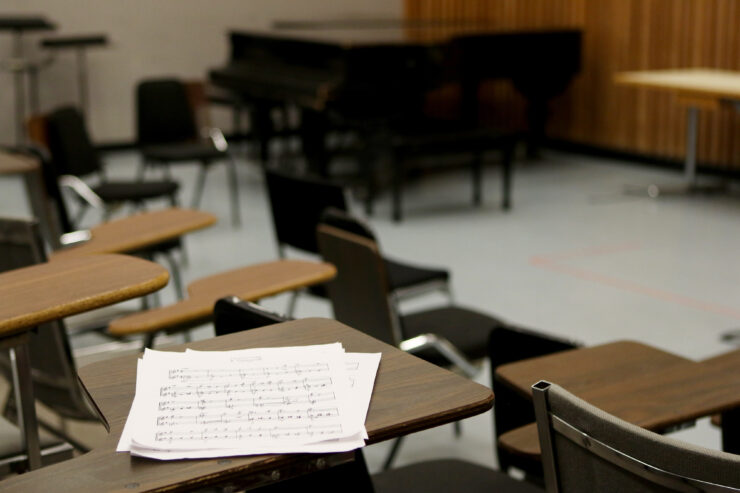Let’s look beyond ourselves and find times that work for everyone
When it comes to scheduling meetings and events, one major issue can be finding a time that works for all required participants. Accommodating for everyone’s schedules can be a challenge, and at times, there can be last-minute changes due to prior engagements. Let’s look at the Student Federation of the University of Ottawa (SFUO) as one example.
Board of Administration (BOA) meetings of the SFUO are regularly held once per month, typically on a Sunday at 1 p.m. The October meeting, originally scheduled for Sunday the 8th, was pushed forward to Sunday the 15th, as the original date fell on Thanksgiving weekend. For those board members who celebrate Thanksgiving with their families, this change in date was necessary, and the change calls us to examine how such important meetings are scheduled.
The dates for BOA meetings are scheduled in the summer, which of course is a smart decision—having all board members well aware of the dates in advance allows them to clear their schedules to be present for these meetings.
But having a meeting during Thanksgiving weekend is poor planning. A major item on the agenda for this meeting was a motion to have the vice-president of finance become an unelected position with a three-year fixed term. Some students took issue with this motion, with the group Student Voices organizing a protest against it, set to be held during the meeting.
To have both board members and the student body actively engaged in the work of the SFUO—work that directly impacts the campus population—the federation should carefully consider when they are scheduling their meetings.
Of course, moving the meeting forward a week resolved this issue of having it on a holiday weekend. However, this is a way for us to examine the limitations that arise when important meetings and events are scheduled on holidays. Thanksgiving is a popular holiday, so it’s easy to come to a consensus that a meeting should be moved to accommodate for those celebrating.
But what about religious and cultural groups whose festivals and holy days aren’t as well-known or part of the mainstream? For the SFUO’s board, which is comprised of 25 faculty directors, one special student director, six executives, the chair and secretary, perhaps it’s simple to move meetings that fall on important holidays. As an institution that advocates for equity, the federation is also likely more willing to accommodate its members.
With larger meetings, such as those involving the university administration or other governing bodies, it can be very easy to fall into situations where some members must choose between work and celebrating with family and friends. Certainly, this is not fair, and it reminds us that not everyone celebrates Christmas, Thanksgiving, and Easter.
As our country becomes ever-more diverse, we need to pay special attention to how we schedule meetings and events, so that no one is forced to miss out on partaking in meaningful traditions with their loved ones. It’s as simple as going on Google and looking through a list of religious and cultural holidays on your proposed meeting date, and then finding an alternate date in advance so that conflicts don’t arise.
Ultimately, this is a reminder for all of us to look beyond ourselves, and consider how we can make work meetings as accessible as possible, so that everyone can fully participate.





